
Homeschool Workshops
2023-2024 School Year (October 2023 – April 2024)
Registration for each workshop will open on select dates.
Please check the dates above the book buttons for openings.
Ages 7 – 10
10:30 am-12:00 pm
Price: $3 per student
Interested participants are required to register and pre-pay online or by calling 561-743-7123.
Space is limited to 20 students, drop-off only, and held at the River Center.
Ages 11 – 16
10:00 am-12:00 pm
Price: $10 per student
Interested participants are required to register and pre-pay online or by calling 561-743-7123.
Space is limited to 14 students, drop-off only, and held at the River Center and Jupiter Inlet Lighthouse Outstanding Natural Area.
Ages 7-10
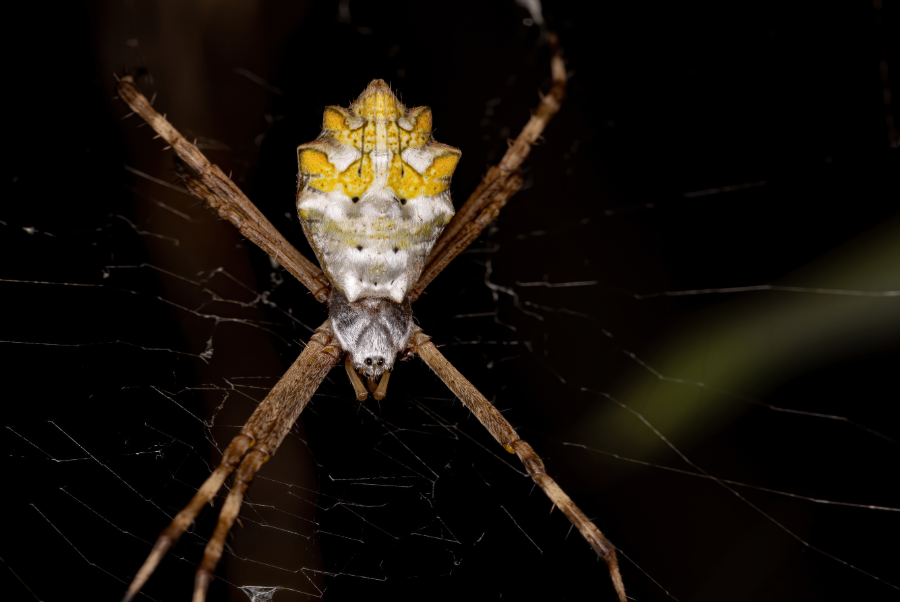
Creepy Crawlies
Wednesday, October 18, 202 @ 10:30am-12pm
Ages: 7-10
Location: River Center
Student will learn about the the animals that give people the heebie-jeebies and the important role these animals play in the environment. Students will get up-close and personal to animals that crawl, slither, and shimmy their way through the world.
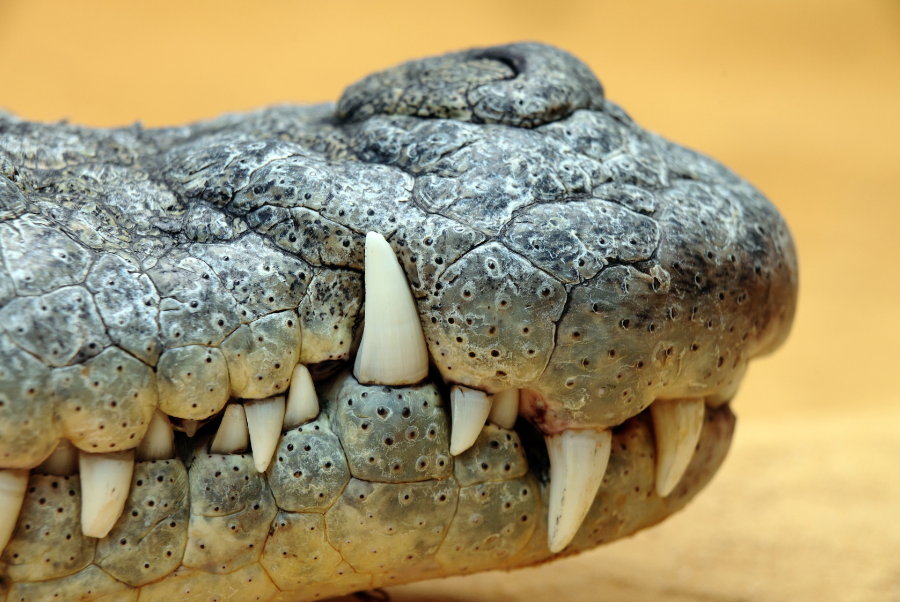
Bones & Teeth
Wednesday, December 6, 2023 @ 10:30am-12pm
Ages: 7-10
Location: River Center
Students get an introduction into the various types of skulls and teeth of different animals. Each animal has a specific type of mouth that suits their needs to successfully survive in nature. Students will explore native species and exotics to see how they are similar and explore the different uses of teeth.
Registration Opens September 30th at 9am
Registration Opens November 25th at 9am
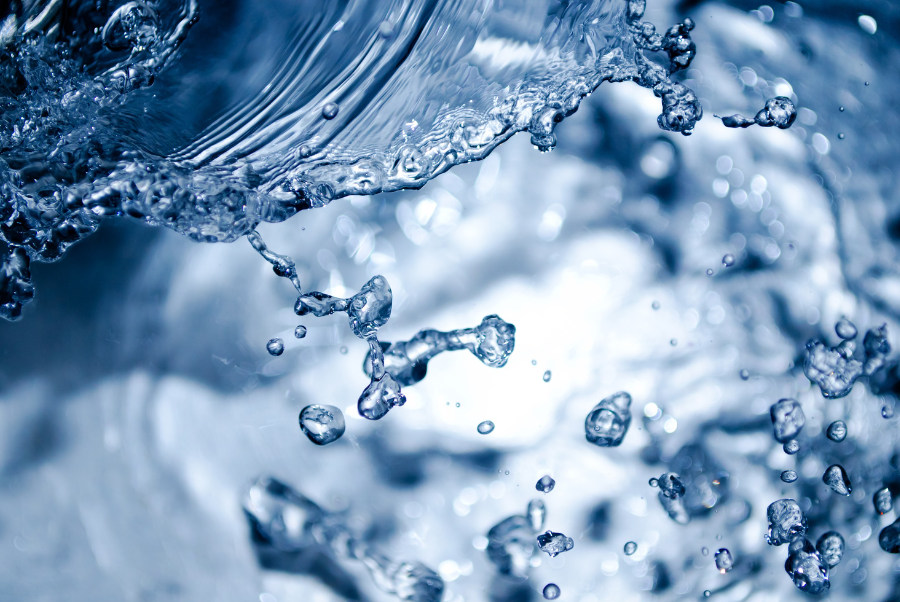
Properties of Water
Friday, January 26, 2024 @ 10:30am-12:00pm
Ages: 7-10
Location: River Center
Students will work in an interactive lab that covers the properties of water including density, buoyancy, surface tension, and the phases of water comparing two different water types. Students will make connections to salt, fresh, and brackish water in their experiments and the ecosystems in the Loxahatchee River watershed.
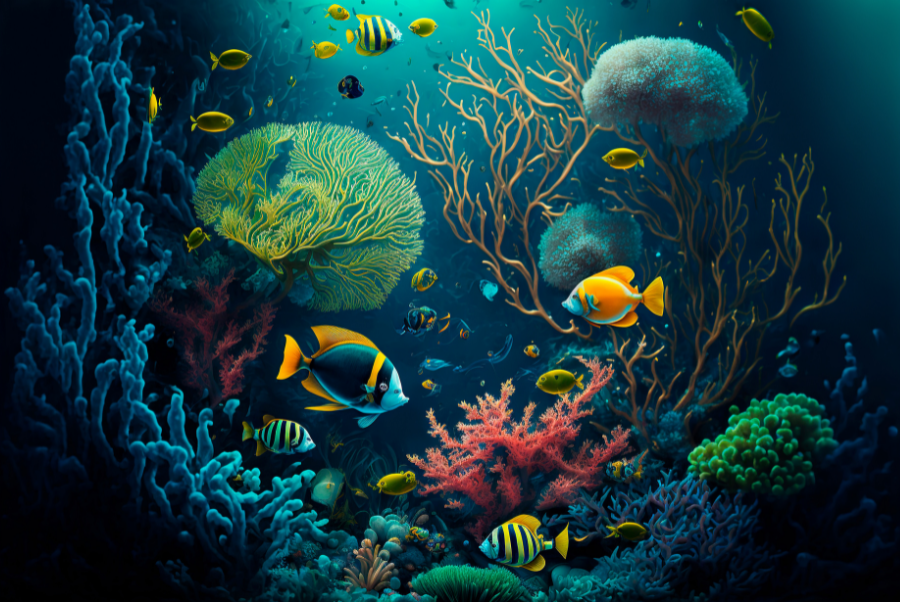
Habitat Conservation
Wednesday, February 14, 2024 @ 10:30 am – 12:00 pm
Ages: 7-10
Location: River Center
Students learn what a habitat is and what resources animals need to survive. They will understand the struggle animals face in their fight for survival. This modified version of Tag explains the relationship between predators and prey, including habitat protection, human impacts, and restoration.
Registration Opens January 5th at 9am
Registration Opens February 1st at 9am
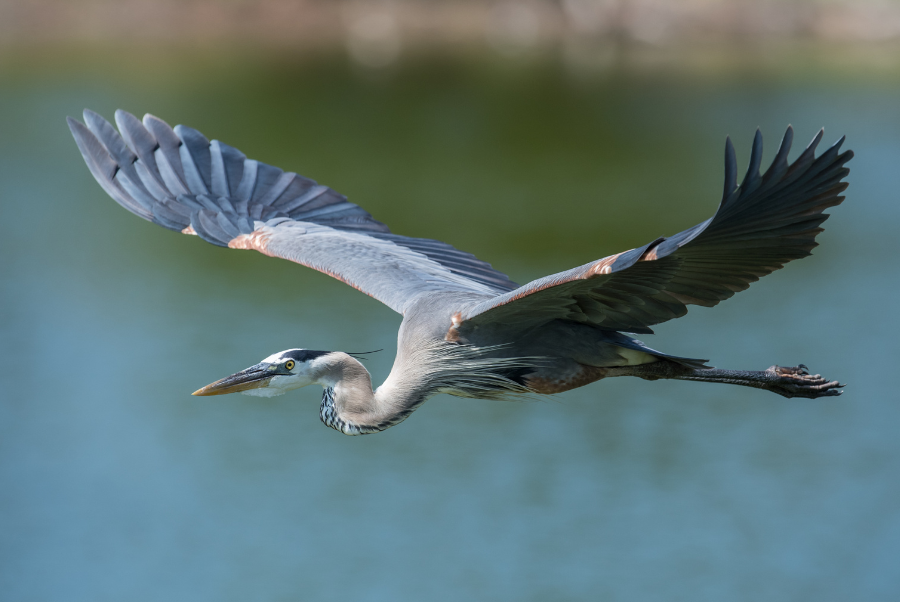
Birding with Audubon
Wednesday, March 6, 2024 @ 10:30am-12pm
Ages: 7-10
Location: Jupiter Inlet Lighthouse Outstanding Natural Area
In this lesson students will learn how to look for birds in the wild and observe them in their natural habitats. Students will learn how to identify common birds of our area and practice using binoculars to find wildlife. This is an off-site class. Closed-toe shoes and water bottle required.
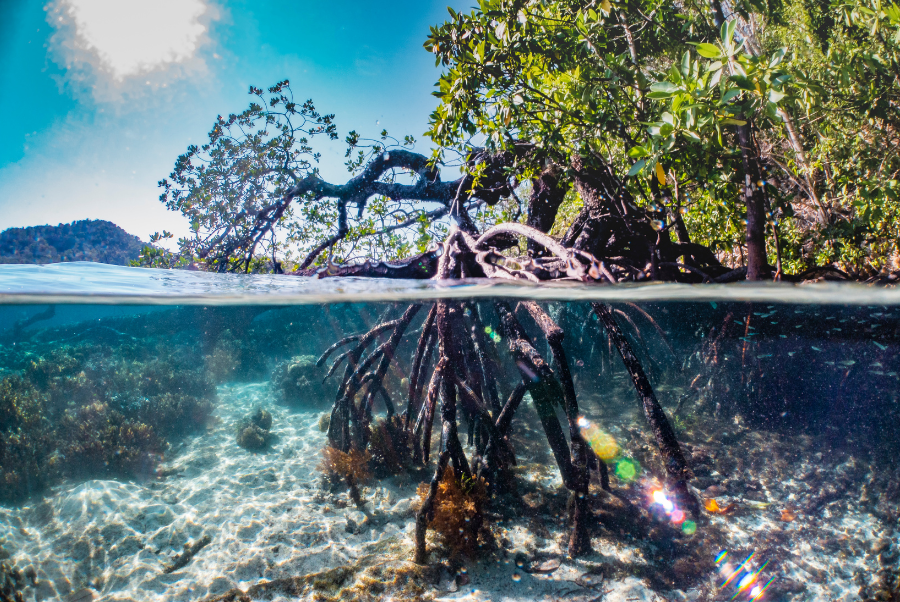
Mangrove Adaptations
Wednesday, April 3, 2024 @ 10:30am-12pm
Ages: 7-10
Location: River Center
Students will identify mangrove species, adaptations, and the vital role they play in Florida’s ecosystem. They will understand the energy flow throughout the estuary including the mangrove producers, juvenile fish nurseries, predatory food supply, and decomposers. Students will compete in a mangrove tug-of-war relating to mangrove estuaries, ocean energy, and human influences.
Registration Opens February 20th at 9am
Registration Opens March 19th at 9am

Water Quality Testing
Wednesday, October 4, 2023 @ 10 am-12pm
Ages: 11-16
Location: River Center
Students will work in teams to conduct water quality testing and recognize parameters that identify changes and potential hazards present in our waterways. Through this lesson, students will understand importance of water resources and conservation.

Day in the Life of the Indian River Lagoon
Thursday, October 5, 2023 @ 9:00am-1:00pm
Ages: 11-16
Location: Jupiter Inlet Lighthouse Outstanding Natural Area
Students will participate in a Citizen Science event taking place throughout the entire Indian River Lagoon. Participants will use hands-on field techniques to collect various chemical, physical, and biological parameters of the lagoon to determine how their local piece of estuary fits into the larger ecosystem.


